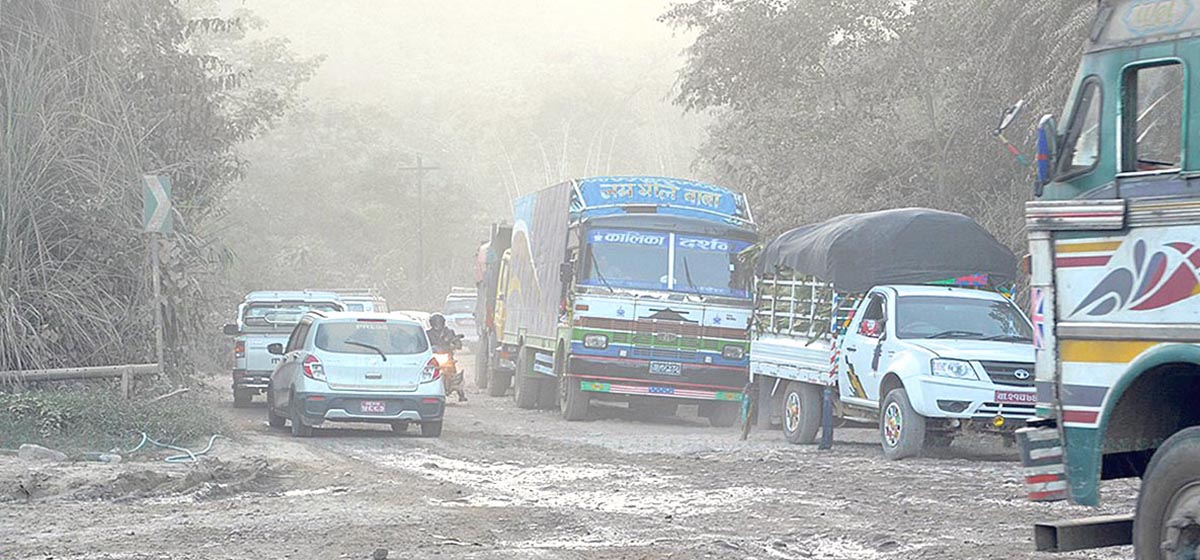
OR
Two months since implementation, no applications to keep wild animals at home in Nepal
Published On: November 1, 2023 01:45 PM NPT By: Bhuwan Sharma

Permission granted for the domestication and trade of 21 wild animals
KATHMANDU, Nov 1: It has been two months since the Nepal government initiated the law allowing individuals to keep 21 types of wild animals and birds at home, but not a single person has applied for this unique opportunity. The Ministry of Forest and Environment introduced the "Standard on Keeping, Breeding, and Using Wild Animals Commercially" on September 4, aiming to promote economic prosperity through the sustainable conservation and commercial use of these animals.
These standards were passed under Rule 368 of the National Parks and Wildlife Conservation Rules, 2030, which permit the professional rearing of specific wildlife species at home. The approved animals include laguna, barking deer, spotted deer, blue buck, rabbit, porcupine, boar, snake, crocodile, frog, toad, peacock, kalij, feral chicken, partridge, black francolin, dove, maina, and parrot, with the requirement to obtain a license from the National Parks and Wildlife Conservation Department.
Despite initial interest before the standards were passed, no applications have been received, according to Ajay Karki, Deputy Director General of the Department of National Parks and Wildlife Conservation. Karki attributed this to the lack of awareness and discussions at the grassroots level. The standards aim to ensure economic prosperity through the conservation of non-endangered wildlife, and the government provides the necessary seeds for wildlife rearing, which must not be sold. However, animals born after rearing can be sold commercially.
The standards also require post-mortem examinations for wild animals that die at home to prevent the spread of disease and ensure environmental health. Obtaining a license to keep wild animals at home is a lengthy and intricate process involving various documents and recommendations from local authorities, further contributing to the lack of applications.
Owners of such animals can seek veterinary assistance if their pets become ill or injured, but transporting domesticated wild animals between locations is subject to legal provisions.
You May Like This

Mismatch in Nepal-India trade figures indicates huge informal trade
KATHMANDU, April 13: There is a huge mismatch between Nepal’s total imports from India and the southern neighbor’s exports to Nepal,... Read More...

Mismatch in trade figures indicates huge informal trade
KATHMANDU, April 12: There is a huge mismatch between Nepal's total imports from India and the southern neighbor's exports to Nepal,... Read More...



Just In
- Narayanghat-Butwal road reports 50 percent progress in over five years
- T20 series: Nepal lose third match to West Indies by 76 runs
- Minister Bhandari requests Chinese govt to facilitate Nepali exporters in customs and quarantine
- KMC’s skill fair starts from today with aim to provide employment to more than 2,000 people
- Record-holder climber Kami Rita to ascend Mt Everest for 29th time
- Third T20 match: Nepal lose to West Indies A by 76 runs
- Third T20 match: West Indies ‘A’ set 228-run target for Nepal
- West Indies 'A' playing wearing masks amid concerns over air pollution















Leave A Comment